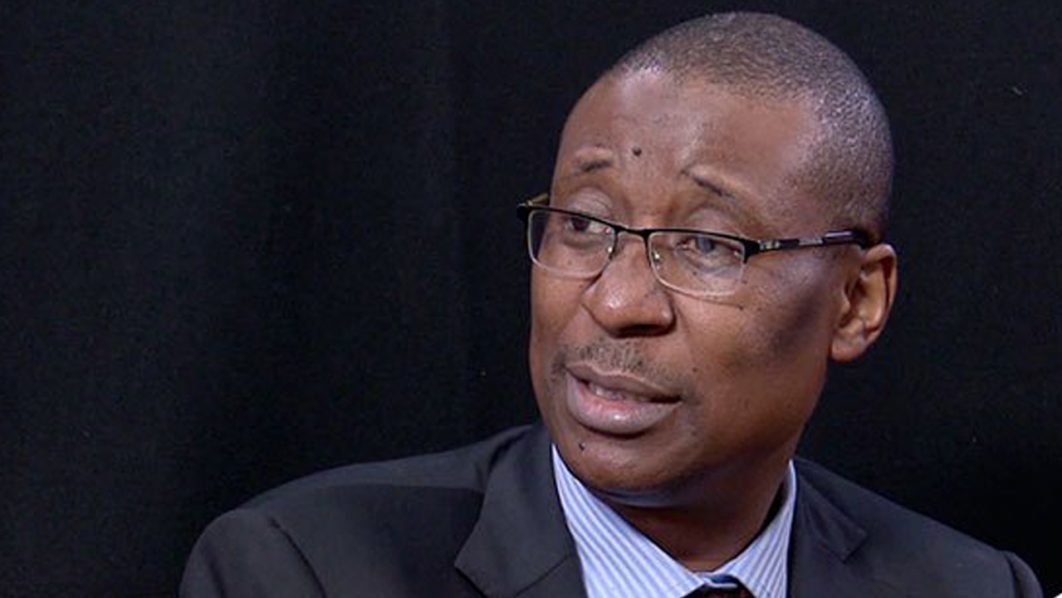- FG Sets Aside N20bn for Export Grant Arrears
The Federal Government has set aside N20bn as tax credit to settle part of the N300bn outstanding claims of the Export Expansion Grant.
The move is part of measures aimed at discouraging imports and encouraging the development of the local economy through the provision of incentives to manufacturers.
The proposed spending is contained in the 2017 budget, which was submitted to a joint session of the National Assembly by President Muhammadu Buhari on December 14.
The N7.3tn budget has a total capital vote of N2.24tn, representing 30.7 per cent while the recurrent component stands at N2.98tn with the rest allocated for debt servicing.
The Nigerian Export Promotion Council had put the outstanding claims of manufacturers and exporters for the Export Expansion Grant at over N300bn.
The EEG is an initiative of the Federal Government meant to encourage exporters of non-oil products, including agro-commodities, in order to cushion the effects of infrastructural deficiencies and reduce overall unit cost of production.
It was introduced through the Export Incentives and Miscellaneous Provisions Act, Cap 118 of 1986 to enhance the contributions of non-oil export to the national economy.
The mechanism is such that a financial credit is applied on the value of exports of products from Nigeria, ranging from five per cent to 30 per cent.
The financial credit is not cash-funded, but provided as Negotiable Duty Credit Certificate, which can be applied against import duties on other items, according to the system.
Some manufacturing companies operating in the country had raised the alarm over what they described as lopsidedness in the payment of the EEG.
The Federal Government had to suspend the scheme for review owing to the allegations of regularities in its implementation by manufacturers.
Just last month, the Minister of Industry, Trade and Investment, Dr Okechukwu Enelamah, said the government had held a meeting with exporters on the need to resume the scheme.
He explained that the scheme had been reviewed to prevent it from being abused by exporters.
The minister said under the new arrangement, the backlog of exporters’ claims would be settled with a tax credit rather than import credit.
An analysis of the 2017 budget of the ministry revealed that the sum of N20bn had been allocated for tax credit to exporters under the EEG scheme.
Apart from the N20bn EEG tax credit, the ministry proposes to spend N240m to develop clusters for priority products; N100.2m for implementation of Nigeria agro-industry development initiative; and N40m for implementation of trade facilitation agreements.
In the same vein, the sum of N500m was allocated for enabling environment for industry, trade and investment; N50m for implementation of multilateral agreements with Nigeria’s trading partners; N35m for promotion of made-in-Nigeria products; and N80m for international investment engagement initiatives.
Similarly, the sum of N35m was budgeted for domestic trade regulatory activities; N144m for development of policy framework for the industry; N25m for development of sector policy for iron and steel; and N20m for establishment of trade resource centres.
The Executive Director/Chief Executive, NEPC, Mr. Olusegun Awolowo, had said if the huge EEG claim of over N300bn was not addressed, it would affect the efforts of the government to diversify the economy owing to the near absence of incentives to encourage exports.

 Billionaire Watch3 weeks ago
Billionaire Watch3 weeks ago
 Startups4 weeks ago
Startups4 weeks ago
 News4 weeks ago
News4 weeks ago
 News4 weeks ago
News4 weeks ago
 Bitcoin4 weeks ago
Bitcoin4 weeks ago
 Naira4 weeks ago
Naira4 weeks ago
 Forex3 weeks ago
Forex3 weeks ago
 Treasury Bills4 weeks ago
Treasury Bills4 weeks ago

























